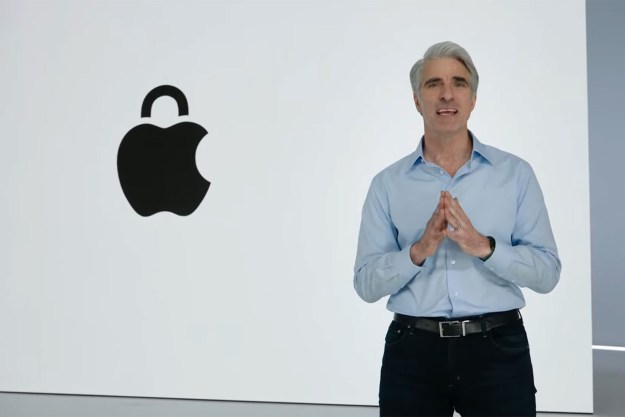
It’s an imprecise metric, but it shines an interesting light on our times. At the beginning of 2007, computer security firm F-Secure was tracking about 250,000 malware signatures; now, as the end of 2007 approaches, F-Secure estimates it will be tracking about 500,000 malware signatures when the year is done.
The surprising increase in the sheer number of malware programs in the wild has to do with variants: malware creators are now generating variants on their viruses, worms, and trojans in bulk in an effort to stave off the efforts of antivirus software (such as that produced by F-Secure, and also competitors like Symantec and McAfee). F-Secure believes actual innovation in the malware "industry" is in decline, with creators focussing on a quantity-over-quality approach to tricking Internet users, taking over their systems, or stealing personal information.
F-Secure’s new report highlights that Trojans (programs which promise one thing, but do something nefarious behind the scenes) became more popular in 2007, and will likely continue to do so in 2008 as gangs and organized crime look to collect bank login information and credentials for everything from online merchant accounts to games.
F-Secure also noted an increase in the number of attacks aimed at Apple’s Mac OS X, noting that the well-known Zlob DNSChangers now target Mac OS X, with the popularity of the Apple iPhone, the release of Mac OS X 10.5 Leopard, the wide distribution of iTunes and QuickTime, and Apple’s decision to develop its Safari Web browser for Windows contributing to the company’s higher profile among malware authors.
Overall, the company is characterizing 2008 as a challenge of endurance: "The criminals have the technology. Everything will continue in bulk to ensure broad coverage. And as the bulk increases individual security awareness, new improved technology powered social engineering will strip that awareness away again."
Happy New Year, indeed.
Editors' Recommendations
- How to check your Mac for viruses and malware
- Bing Chat’s ads are sending users to dangerous malware sites
- This dangerous new Mac malware steals your credit card info
- In the age of ChatGPT, Macs are under malware assault
- Vital security update for Apple devices takes only a few minutes to install


